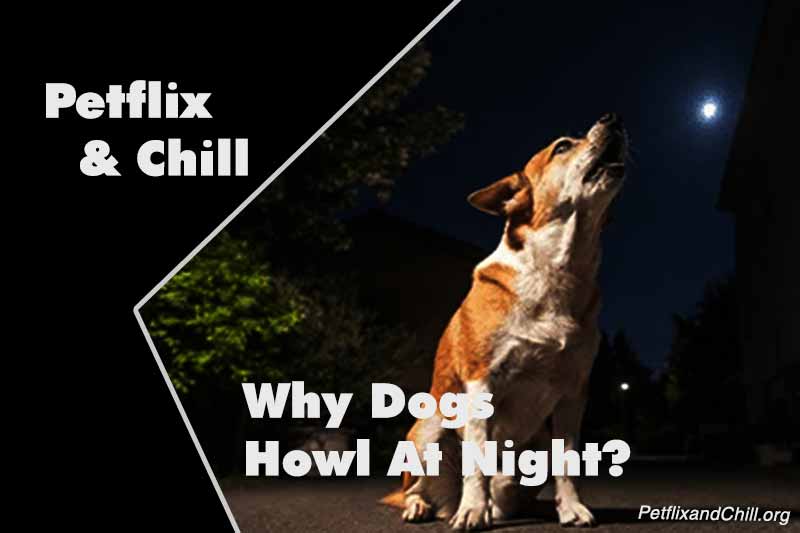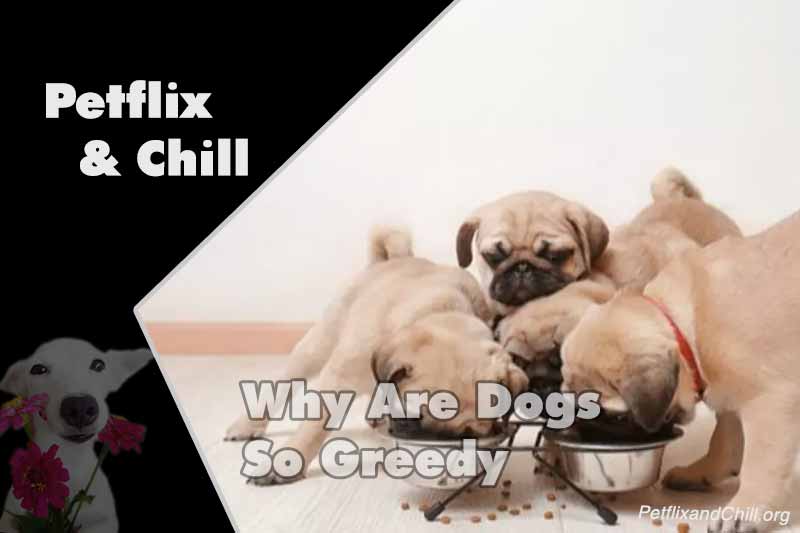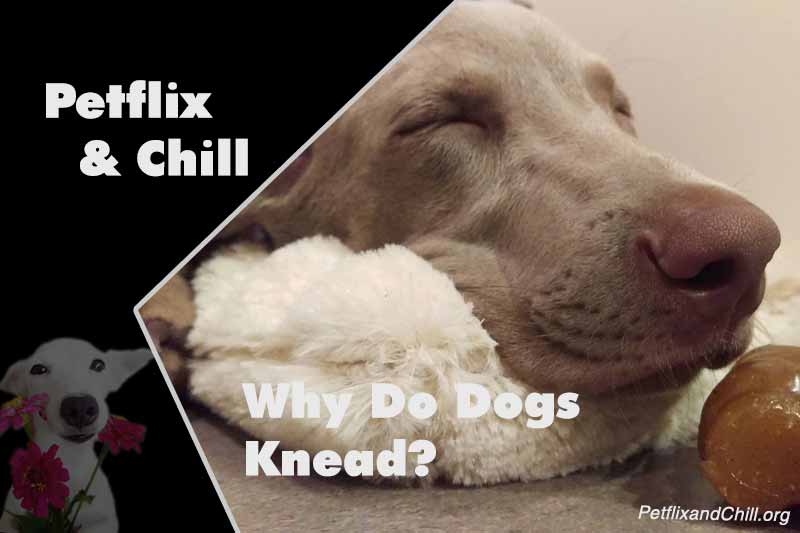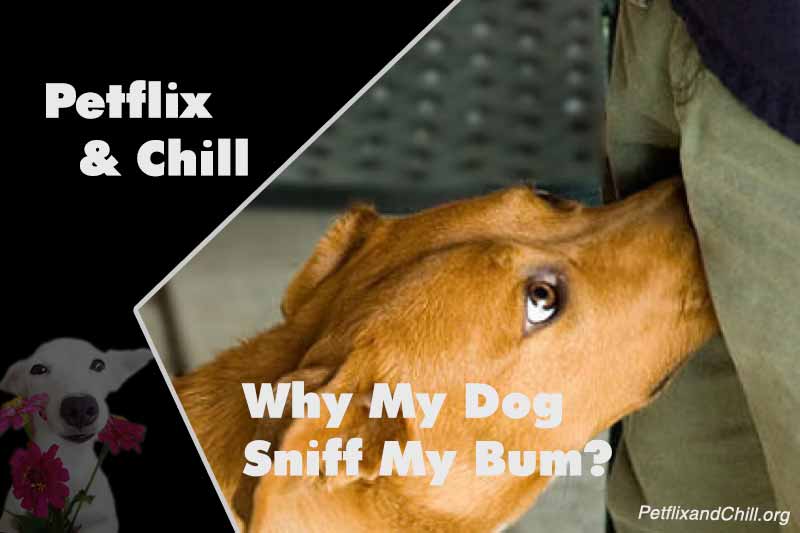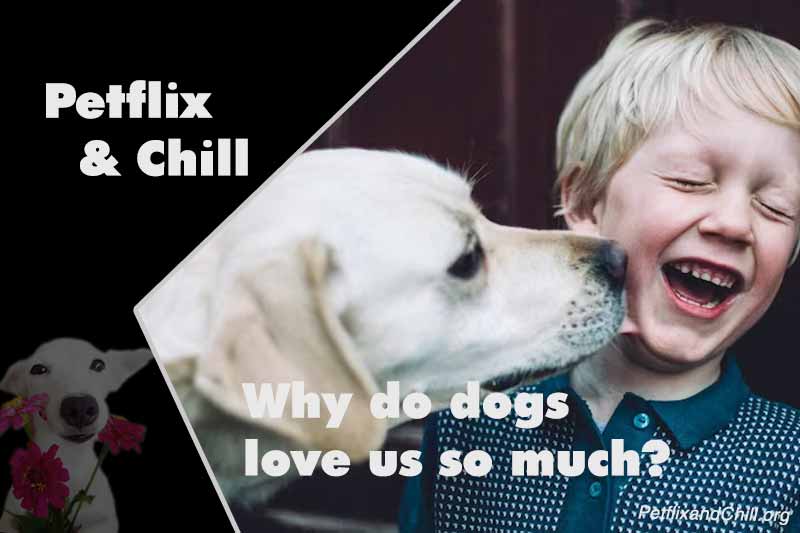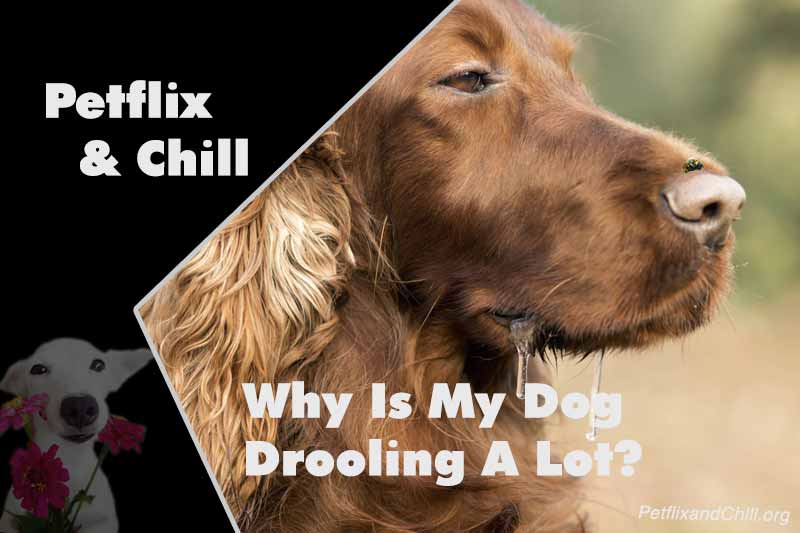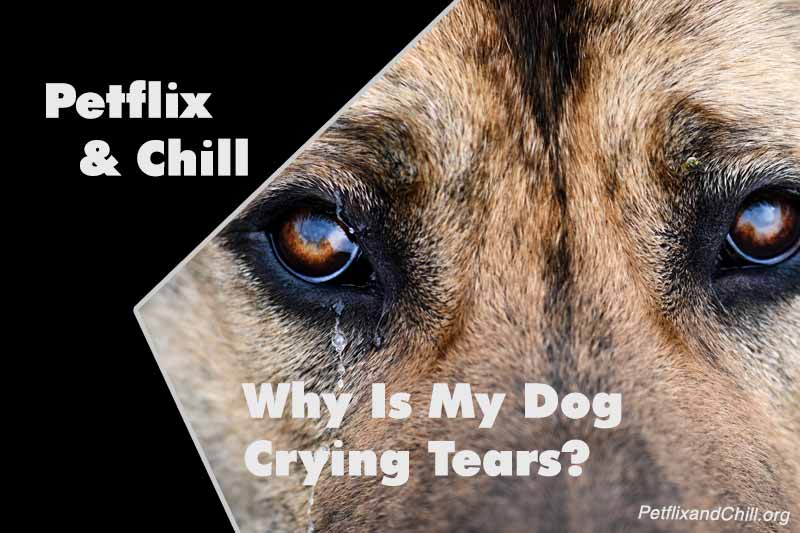Why does your pup start howling once the sun goes down? If those nighttime cries have left you curious or concerned, you are not alone in figuring out what’s behind them. Dogs may howl for many reasons, some harmless, others more serious. In this guide, Petflix and Chill will explore why dogs howl at night and what you can do to help your pet rest easily. Dive in now!
Why Dogs Howl At Night? Top 10 Reasons
Why do dogs howl at night – ghost, mystery, or something else? While this behavior might sound spooky in the dark, there are some causes behind it. Here are the top reasons for nighttime howling:
#1. Uncomfortable Environment

A dog may howl to express discomfort if the sleeping space is uncomfortable. Check the room as it might be too cold, hot, or noisy. Like humans, these pets find it difficult to rest in a cramped or drafty area.
#2. Separation Anxiety
Dogs are social animals and often feel stressed if the owners leave them alone for a long time or during bedtime. If your dog is used to sleeping near your bed and suddenly you don’t allow this, it can suffer from separation anxiety. As a result, you notice it howling in its crate.
Puppies are more prone to separation anxiety, but older dogs can experience this problem, too. Watch out for signs such as destruction, pacing, or indoor accidents with howling.
#3. Excitement
Sometimes, dogs howl simply because they are excited. These animals communicate by vocalizing. They may howl to share their excitement when they achieve something, like finding a toy. For example, hunting dogs howl after a successful hunt. Similarly, your pup may howl to communicate with you or express joy.
#4. Seeking Attention
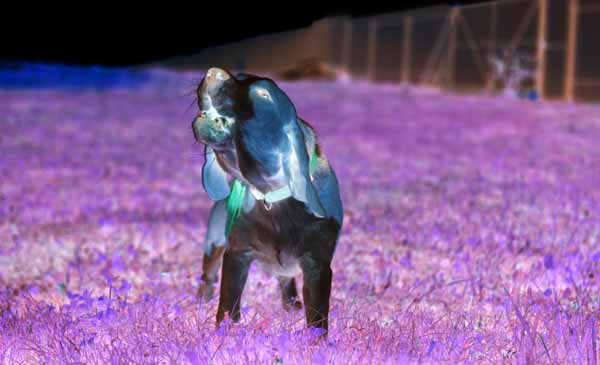
Dogs always want their owner’s attention. When they feel nervous or lack physical activity, they need more attention and want to sleep nearby. They may start howling more often, especially at night when the house is quieter.
#5. Responding to Sounds
If your pup howls at night, it may respond to other dogs nearby. This behavior is a way for these animals to communicate with others. Dogs are also sensitive to sounds, especially at night. So when they hear even small distant noises, they may howl to warn their owners.
#6. Thirst or Hunger
Your pup may not settle and sleep soundly if hungry or thirsty at night. Do you provide your dog with inconsistent meal times? Is the daily food portion too small? In these cases, long gaps between meals can leave it uncomfortable and restless. When basic needs aren’t met, sleep becomes difficult, and nighttime howling is how dogs ask for food and express discomfort.
#7. Why Dogs Howl At Night because Illness
Apart from the reasons above, howling can indicate that your pup suffers from pain or feels unwell. Some breeds are more vocal by nature, but howling at night may be due to illness, injury, or discomfort after a medical issue. These canines can’t explain what’s wrong with them, so they use vocal sounds to communicate distress or call for help from their owners.
#8. Aging
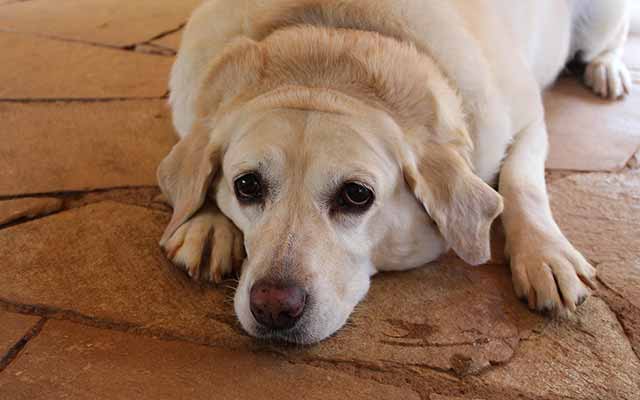
How often a dog cries at night might vary depending on its age. When you leave puppies alone, they may cry out. However, older dogs may get confused or anxious after dark because of their deteriorating vision or hearing. They may also have trouble sleeping due to discomfort in their aging joints, which makes them scream more frequently at night.
#9. Territorial Marking
By nature, dogs are territorial, like their wolf predecessors. They could howl to protect their areas if they feel another dog is nearby, especially if it’s a stranger. This noise warning alerts all pack members of a potential danger and announces their presence.
#10. Nutritional Challenges
Howling at night may result from hunger or digestive problems. Canines that don’t get enough nutrition, experience gastrointestinal issues, or appetite loss may become restless. Especially in the quieter hours, when suffering is more serious, this distress can appear as crying and howling.
How to Manage and Reduce Nighttime Howling?
Constantly nighttime howling disrupts both you and your dogs. Luckily, there are practical tips to help you restore peace in your home during the night!
#1. Check Medical Issues First

The first and most important solution is to check your dog for signs of illness or injury. If you notice it suddenly changes daily eating habits or behavior, there’s something wrong with it. In this case, you should take your pup to a veterinary center. The professionals can rule out pain or medical problems that cause the howling. In some cases, a vet may recommend treatments, pain relief options, or behavior strategies to manage stress-related howling at night.
#2. Provide Comfort and Security
Sleeping in a calm, cozy environment can help your pup reduce nighttime restlessness and howling. You should provide a warm, supportive bed. This is especially beneficial if you have a senior dog with sore joints. Consider orthopedic or heated beds for extra relief and better quality nighttime rest.
A specific sleeping space also makes your dog feel more secure and creates a sense of belonging. This added comfort can ease anxiety and lower the chances of howling during the night.
#3. Increase Physical and Mental Stimulation During the Day
Dogs need more than just a walk. Consider increasing mental challenges like puzzle toys and short training sessions These activities keep their minds active and reduce stress. Regular physical exercise also helps burn off extra energy, making pups more likely to rest peacefully through the night.
#4. Use Positive Reinforcement
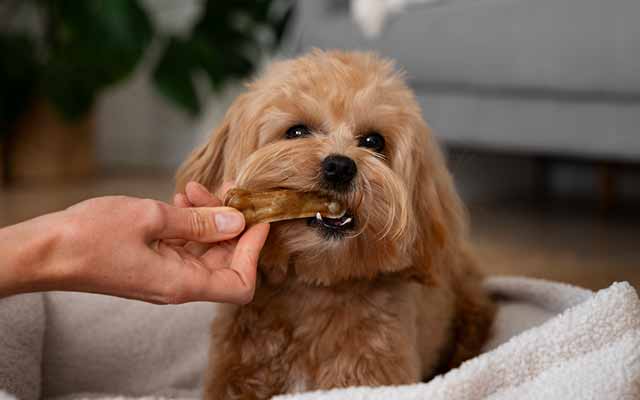
Howling for attention can become a habit if you unintentionally reward your pet. The solution is to avoid giving in when your dog starts howling. Instead, reward it when it remains calm and quiet during the night. Over time, it learns that silence brings praise.
#5. Consider Professional Help if Needed
Does your dog suddenly start howling without explanation? Have you applied all the tips above, but they don’t work? If so, it’s time to consult a professional. A vet will check for hidden health issues causing discomfort. Besides, consider visiting a certified dog trainer for tailored strategies to manage behavior problems, including excessive howling at night.
Dog lovers share the same concern:
Wrapping Up
Nighttime howling seems strange or even spooky, but it’s how your dog communicates and expresses discomfort. As a pet owner, you should understand the root causes of why dogs howl at night so that you can take immediate and proper steps to address the issue. Always pay attention to sudden changes, and don’t hesitate to seek expert help if the howling continues.

